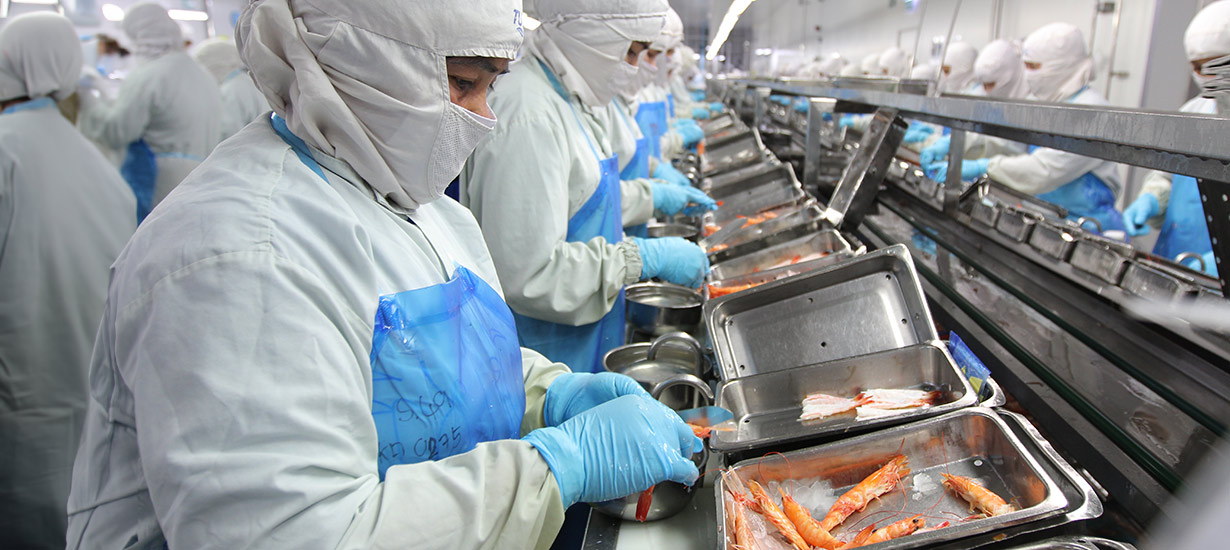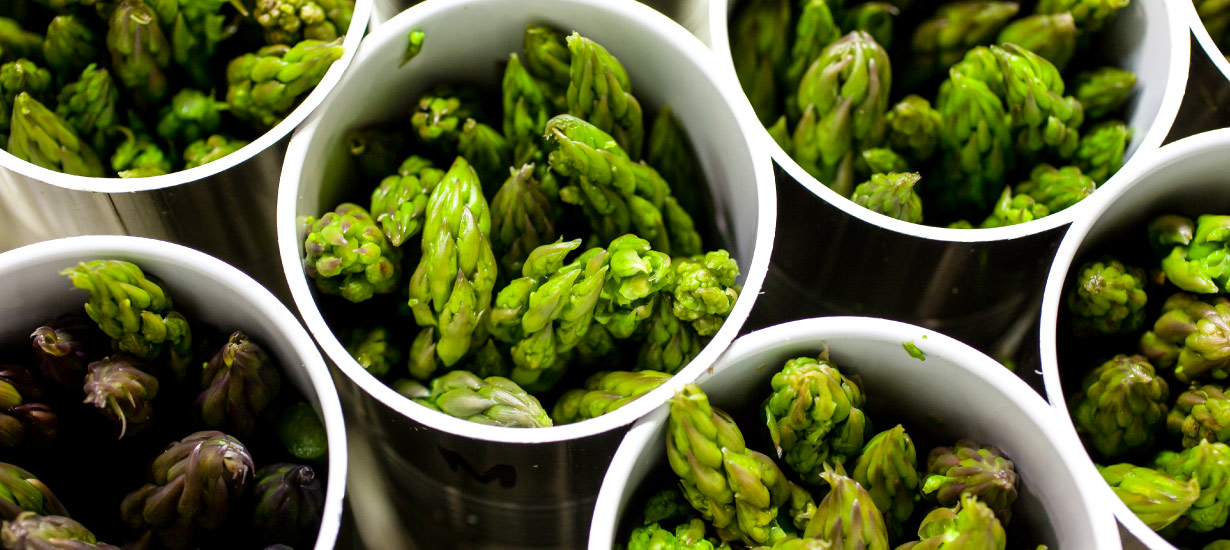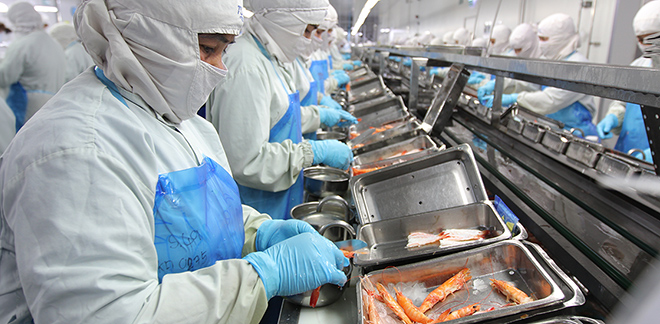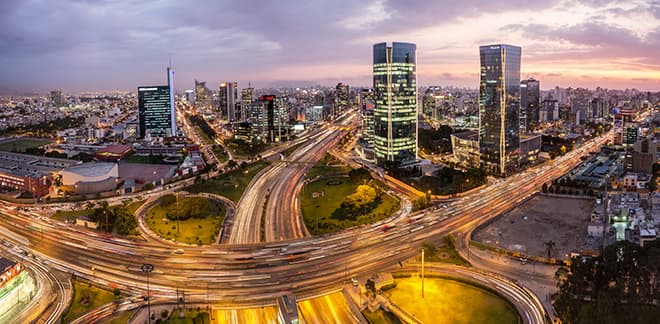Looking for investment opportunities in Peru? Explore our food processing plants
Síguenos en:Google News
These plants play a crucial role in transforming raw materials into safe, high-quality food products.
Food processing plants are industrial facilities that turn raw materials from agriculture, livestock, or fisheries into food products ready for people to eat or use in the food industry.
These plants play a crucial role in the country's food supply chain by ensuring that the food is safe, high quality, and suitable for the general public.
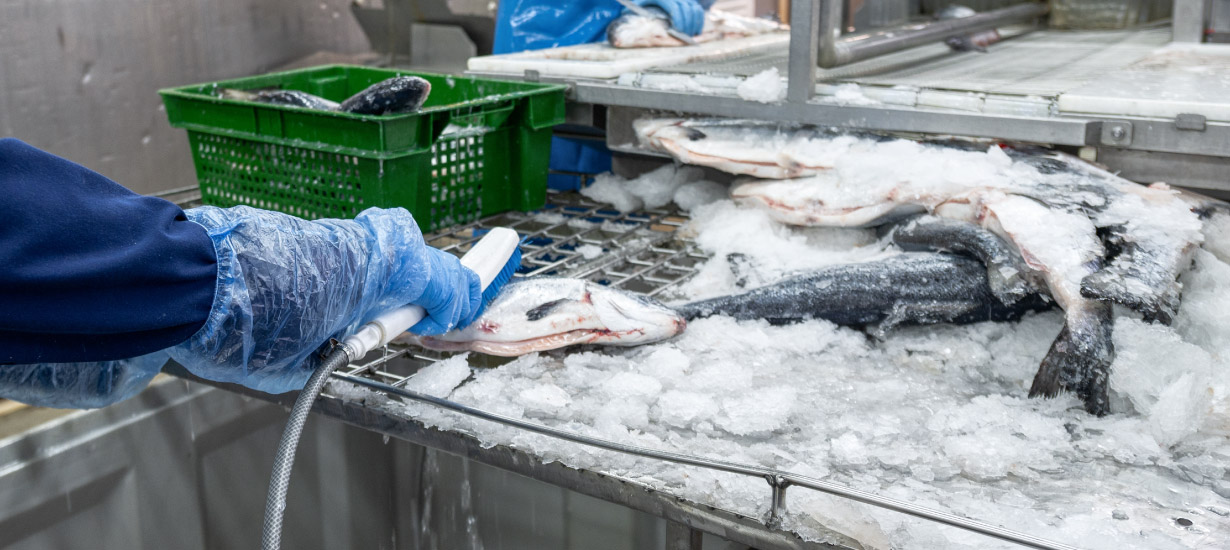 Fotografía: Shutterstock
Fotografía: Shutterstock
In Peru, the food processing industry is a vital part of the economy, thanks to the country's rich variety of agricultural and fishery products. According to the National Institute of Statistics and Informatics (INEI), agricultural production in Peru grew by 4.5 % from January to June 2024.
In the fishing sector, there was a significant increase of 45.0 % in the first half of 2024. This boost is largely attributed to the production of species meant for indirect consumption (+302.3 %), driven by the first anchovy fishing season in the north-central coastal region of the country.
That is why investing in food processing plants in Peru is an attractive opportunity, especially now. Here are the reasons behind this promising trend.
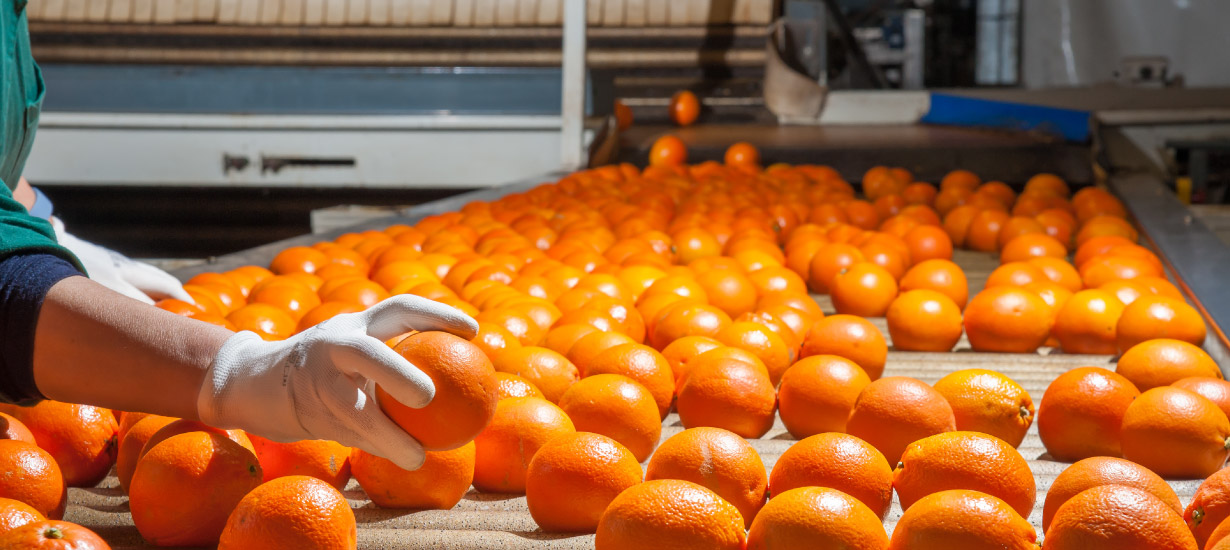 Fotografía: Shutterstock
Fotografía: Shutterstock
AGROINDUSTRIAL GROWTH
Peru's agroindustrial sector has experienced steady growth, with exports rising each year. Products like asparagus, grapes, avocado, quinoa, and blueberries have earned international acclaim, establishing Peru as a leading exporter of these goods.
For instance, fresh avocado exports surpassed 599,000 tons in 2023, bringing in USD 964 million. This achievement makes it the world's second-largest avocado exporter, right after Mexico.
Among products with global demand and popularity, quinoa stands out. This ancient grain, with deep roots in Peru, saw impressive export figures of 45,000 tons worth approximately USD 98 million in 2023.
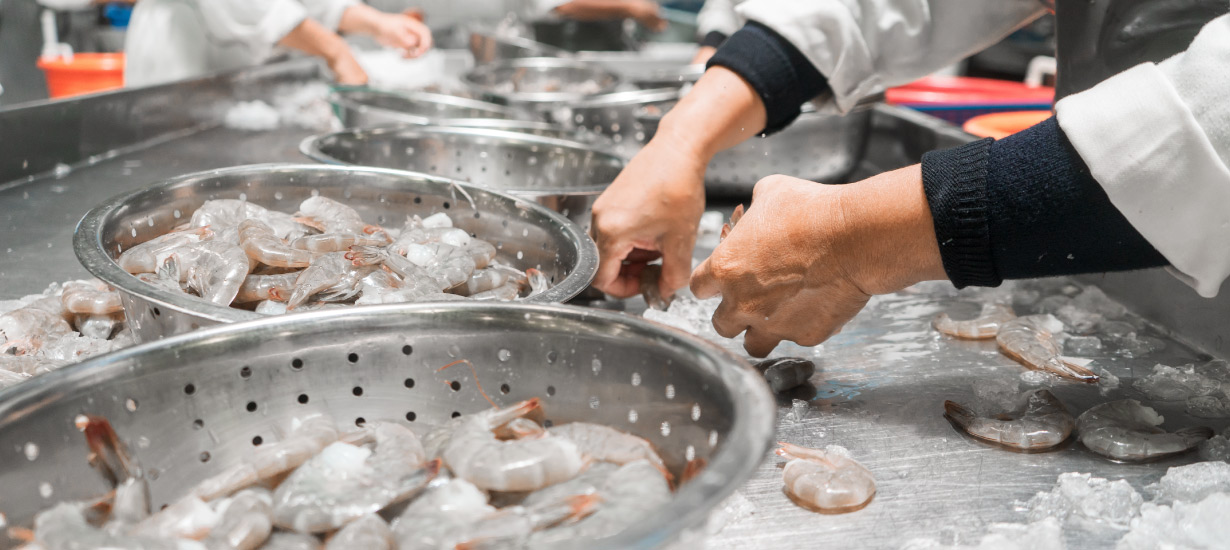 Fotografía: Shutterstock
Fotografía: Shutterstock
PRODUCT DIVERSITY AND MODERNIZATION
Peru's diverse climates and geography enable the country to produce a wide range of agricultural goods year-round. These include fresh, organic, and value-added products that are highly sought after in today's global markets.
There is a rising interest and demand to upgrade food processing plants using cutting-edge technology to boost efficiency and enhance the quality of the end product. This trend creates investment opportunities in equipment and training.
 Fotografía: Shutterstock
Fotografía: Shutterstock
FAVORABLE INVESTMENT ENVIRONMENT
The Peruvian government provides various incentives and benefits to encourage investment in the country. Peru's legal and regulatory framework is welcoming to foreign investment, as the Political Constitution guarantees the right to freedom of enterprise. Additionally, Legislative Decree No. 757, also known as the Framework Law for the Growth of Private Investment, supports free initiative and safeguards private investments. Furthermore, Legislative Decree No. 662 offers a Legal Stability regime for foreign investments, providing extra guarantees.
Peru has several laws designed to protect and encourage investment. For instance, the Special Regime for the Early Recovery of VAT (RERA) and tax exemptions in Special Economic Zones (ZEE) offer customs and tax benefits. Additionally, there are sector-specific incentives, such as Law No. 31110, which provides income tax benefits for the agrarian, irrigation, agro-export, and agro-industrial sectors. Law No. 27037 promotes investment in the Amazon with tax exemptions for certain producers in the region, while Law No. 31666 supports aquaculture with tax benefits, among other provisions.
In September of that year, the Ministry of Economy and Finance established the Executive Committee for the Development of the Industrialized Food and Beverage Sector. The goal was to bolster this sector, given its substantial contribution to the national GDP, which stands at 3.7 %.
Investing in food processing plants in Peru holds significant profit potential due to a burgeoning agribusiness sector. There is increasing demand both locally and globally, further boosted by government incentives.
With careful planning and the use of advanced technology, this investment has the potential to bring substantial growth opportunities to the country for years to come.


